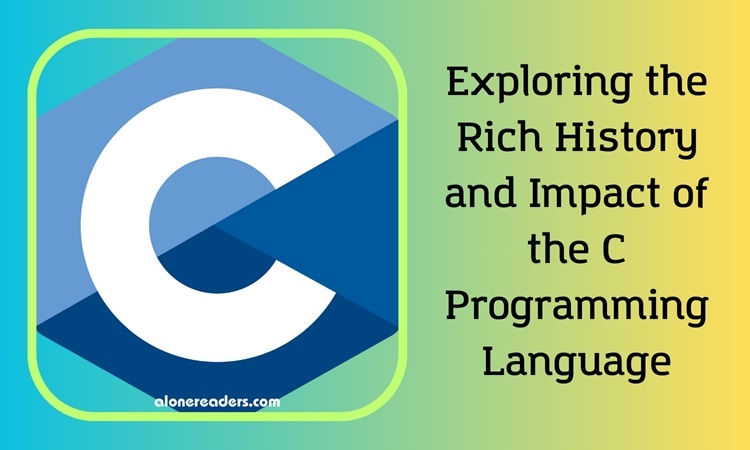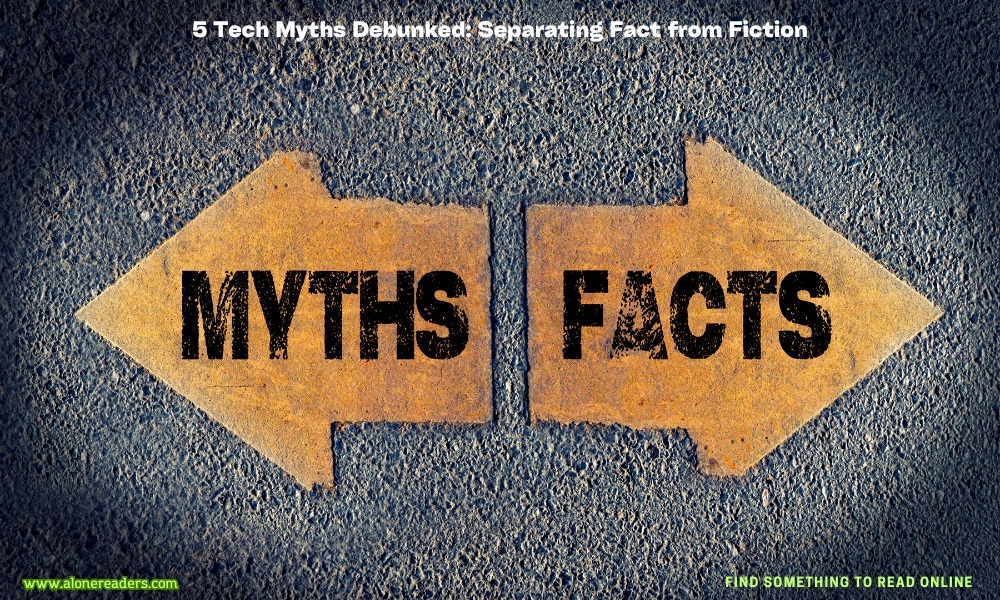Exploring the Rich History and Impact of the C Programming Language
- Last updated: December 21, 2023

History and Impact of the C Programming Language
The C programming language, an imperative, general-purpose language, has been a cornerstone in the field of computer programming since its inception. Created by Dennis Ritchie at Bell Laboratories in 1972, C has influenced the fundamentals of programming across multiple generations. Its simplicity, efficiency, and versatility have made it one of the most widely used programming languages, with compilers available for a vast range of computer architectures and operating systems. Let's delve into some of the most fascinating aspects of this language that explain its enduring popularity.
The Origins and Naming of C
One might wonder why the language is named 'C'. The answer lies in its lineage. C was developed as an improvement over the B language, which itself was a minimized form of BCPL (Basic Combined Programming Language). Given its position next to B in the English alphabet, the new language was simply named C. This naming reflects a straightforward, no-nonsense approach that is characteristic of the language itself.
The evolution of C programming language is a journey through computing history, starting from ALGO, progressing to BCPL, B, and eventually to the versions of C we know today: Traditional C, K&R C, ANSI C, ANSI/ISO C, and C99.
C's Enduring Legacy in Programming
C's impact on the world of programming is immense. It is not only one of the longest-used languages in the history of computing but also the foundation upon which many other popular languages are built. C++, Java, JavaScript, Go, C#, PHP, Python, and Perl are just a few examples of languages that owe their existence to the principles established by C.
In the early days of computing, C was considered a high-level language due to its abstraction from machine language. However, as programming has evolved, it's now often seen as a low-level language, particularly because it mainly supports scalar operations.
Intriguing Programming Facets of C
C language has some unique programming features that set it apart. It includes the exclusive ternary operator “? : ” and the unique nature of the "sizeof" operator, which functions as both a keyword and an operator. Interestingly, the 'F' in printf() and scanf() functions stands for formatted, not function. These functions, along with header files, are processed by the preprocessor, not the compiler, expanding the source code before compilation.
Another notable aspect is the inclusion of header files using either angular brackets or double inverted commas, each method serving a different purpose in locating these files. The compiler, contrary to common belief, produces assembly code first, which is then translated into machine code by the assembler. Furthermore, the sizeof operator cannot determine the size of functions as it operates at compile time, whereas functions are loaded into memory at run time.
C's Role in Major Tech Companies
The influence of C extends to many top tech companies. Adobe, for instance, relies heavily on C for developing much of its software. Google's Chromium browser is also a product of C programming. In the database realm, SQL Server, Oracle, MySQL, and PostgreSQL, some of the most widely used databases globally, are written in C and C++.
Operating systems like Apple's OS X, Microsoft's Windows OS, Linux OS, and Symbian OS are developed using C. In the gaming world, Epic Games created the popular PUBG video game using Unreal Engine 4, which is known for its C++ coding, offering portability and realistic graphics.
Final Word: The Versatility of C
C occupies a unique position as a mid-level programming language, blending the advantages of both high- and low-level languages. It offers the speed and efficiency of lower-level languages while maintaining a level of abstraction that makes it more user-friendly than its predecessors. This balance has made C an enduring choice in the programming world, suitable for everything from system programming to developing complex software like operating systems and databases.
As we continue to advance in the world of technology, the legacy of C remains firmly entrenched, influencing new generations of languages and developers. Its simplicity, efficiency, and flexibility ensure that it continues to be a vital tool in the arsenal of programmers worldwide.







